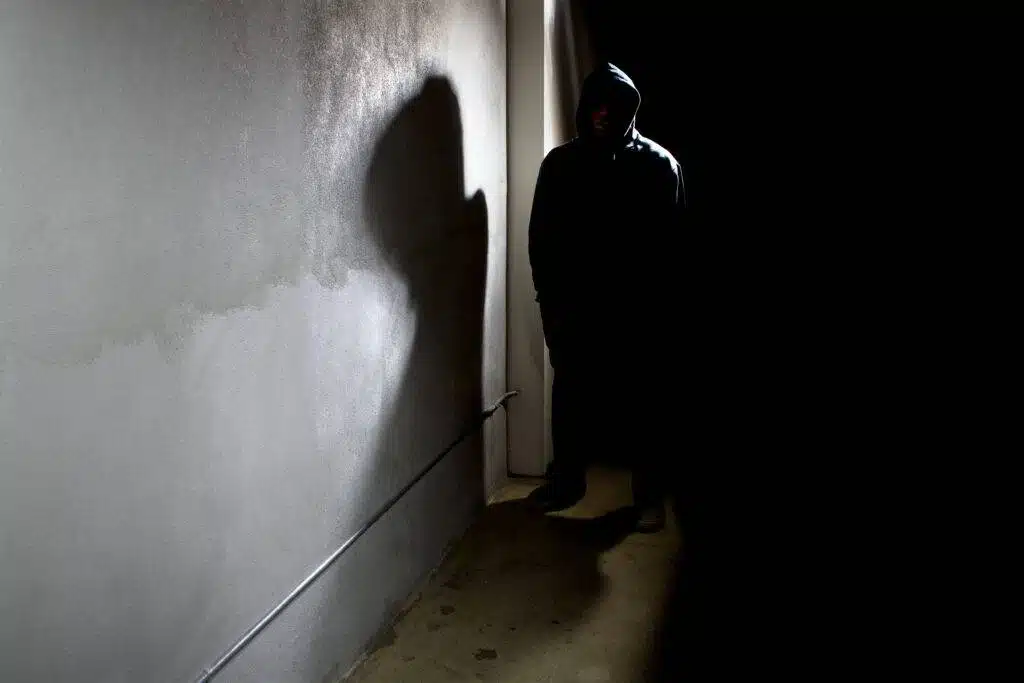If you’ve been accused of an internet sex crime in Colorado, it’s incredibly important that you understand the serious nature of the charges as well as which legal definitions actually apply. Internet sex crimes can include an array of behaviors, including nonconsensual image sharing or inappropriate communication with minors.
Here are five essential things you need to know if you’re facing internet sex crime charges in Colorado.
1. Internet sex crimes cover a range of conduct.
Under Colorado law, “internet sex crimes” don’t cover a single offense. They include a variety of statutes and can involve interactions with either adults or minors. Some examples include:
- Posting a private image for harassment. Also called “revenge porn,” this law prohibits posting or distributing intimate photos or videos of someone without their consent.
- Invasion of privacy for sexual gratification. This makes it illegal to photograph or video someone’s private parts without consent in places like bathrooms or changing rooms. It applies to both minors and adults.
- Internet luring of a child. This occurs when someone (at least four years older than the minor involved) communicates online with a person they know or believe is under 15, engages in sexual conversations, and/or tries to meet them.
- Harassment involving electronic communications. Sending obscene, threatening, or repeated unwanted sexual messages by text, email, or social media may qualify as criminal harassment in some cases.
2. The penalties for internet sex crimes can be severe.
Many internet-based sex crimes in Colorado are classified as felonies or serious misdemeanors. For example, posting intimate images without consent is usually a Class 1 misdemeanor, but it can become a Class 6 felony if the victim is a minor or it’s a second offense.
Internet luring of a child starts as a Class 5 felony, which is punishable by 1 to 3 years in prison and up to $100,000 in fines. If the person intended to meet for sexual contact, the charge increases to a Class 4 felony, with penalties of up to 6 years in prison.
Invasion of privacy for sexual gratification can range from a misdemeanor to a felony depending on the circumstances. In addition to possible jail or prison time, individuals convicted of these charges may also face probation, fines, mandatory treatment, and restraining orders.
3. Sex offender registration may be required.
Many internet sex crimes can lead to mandatory sex offender registration under Colorado law, especially if those crimes involved minors or acts of voyeurism.
In some situations, sex offender registry is required for several years (often over 10) after the individual completes their sentence. In other cases, registry is for life. Registrants may also be required to check in annually or quarterly, report address changes, and abide by restrictions on where they live or work.
Depending on the offense, some registrants are listed on Colorado’s public registry. It’s worth noting that sex offender registration can impact housing, employment, and social relationships, so it’s one of the most long-lasting consequences of a conviction.
4. Digital evidence plays a major role in prosecution.
In most internet-based sex crime cases, the evidence comes from electronic communication or content. This can include:
- Text messages or chat logs
- Emails or direct messages on social media
- Online forum posts or comments
- Uploaded or shared media files
- IP addresses and device logs
Law enforcement can subpoena digital platforms and internet service providers to collect this data. However, this type of evidence may still be challenged in court. Some legal questions include:
- Was the evidence obtained legally?
- Is the evidence original and unedited?
- Was the identity of the sender properly verified?
- Was there entrapment or coercion by law enforcement?
- Did the accused actually intend to commit a crime?
Because digital evidence is so important in these cases, hiring legal counsel who understands how to assess and challenge it is a must.
5. Legal representation is crucial early on.
Representing yourself in legal situations is not wise most of the time, especially when you’re facing internet sex crime charges. Working with an experienced sex crimes attorney is paramount, as these legal experts can:
- Explain your rights, including your right to remain silent and to have an attorney present during questioning.
- Review the charges and evidence for inconsistencies or constitutional issues.
- Challenge the validity of the investigation (e.g., unlawful searches or overreach).
- Negotiate plea deals or diversions, where appropriate.
- Advocate for reduced charges or alternative sentencing, depending on the facts of the case.
If you’ve been contacted by law enforcement about a possible internet sex offense (or formally charged), it’s wise to seek legal advice as soon as possible. What happens early in the process can shape the outcome of your case.
Dedicated Sex Crime Defense Matters
Internet sex crimes in Colorado can include a wide range of conduct, so whether you’re accused of sharing explicit images, engaging in inappropriate communication, or harassing someone online, understanding the charges and your legal rights is the first step toward protecting yourself.
The laws surrounding these cases are complex, but an experienced defense attorney can guide you through the process, challenge questionable evidence, and work toward the best possible outcome.
References
https://leg.colorado.gov/sites/default/files/documents/2018A/bills/2018a_1264_rev.pdf
https://law.justia.com/codes/colorado/title-18/article-3/part-3/section-18-3-306/
https://law.justia.com/codes/colorado/title-18/article-9/part-1/section-18-9-111/
https://colorado.public.law/statutes/crs_18-3-405.6
https://apps.colorado.gov/apps/dps/sor/info-statutes.jsf
https://www.advocatemagazine.com/article/2025-july/screenshots-don-t-lie-or-do-they











